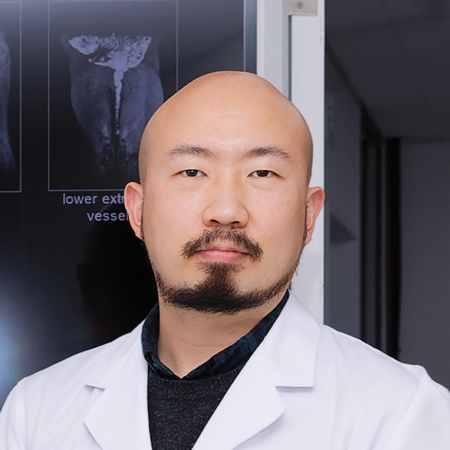Biotechnology & medicine
Taehyun Shin
Developing a high-performance MRI that can diagnose even small diseases.

MENA
Mohamed Shehata
A non-invasive software/CAD system for early and precise identification of renal allograft dysfunction

China
Xiaojing Gao
Diving into the tiny brains of fruit flies and forging circuits that program human cells.

China
Yunlong Richard Cao
Contributing to the development of SARS-COV-2 vaccines and therapeutics.

Korea
Kunwoo Lee
Developing innovative treatments for genetic diseases is my mission.
